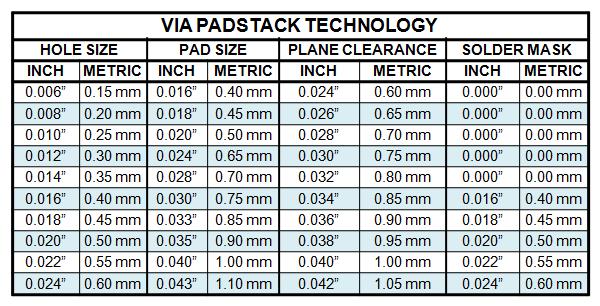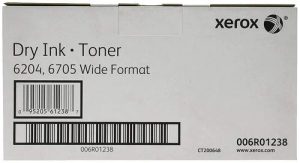Converting Pounds to Metric Tons: A Comprehensive Guide
Understanding the conversion between pounds and metric tons is essential for various applications, from scientific research to everyday life. Whether you’re dealing with heavy machinery, shipping goods, or simply curious about the metric system, this guide will provide you with all the information you need to make accurate conversions.
Understanding the Units
Pounds and metric tons are both units of mass, but they belong to different measurement systems. Pounds are part of the imperial system, which is primarily used in the United States, while metric tons are part of the metric system, which is the standard system used worldwide.
A pound is a unit of mass in the imperial system, defined as 0.45359237 kilograms. On the other hand, a metric ton is a unit of mass in the metric system, equal to 1,000 kilograms.
Conversion Formula

Converting pounds to metric tons is a straightforward process. To convert pounds to metric tons, you need to divide the number of pounds by 2,204.6226218. Here’s the formula:
metric tons = pounds / 2,204.6226218
For example, if you want to convert 10,000 pounds to metric tons, you would divide 10,000 by 2,204.6226218, which equals approximately 4.535924 metric tons.
Using Conversion Tables

While the formula is simple, using a conversion table can make the process even easier, especially when dealing with large numbers. Here’s a table showing the conversion of pounds to metric tons for a range of values:
| Pounds | Metric Tons |
|---|---|
| 1 | 0.00045359237 |
| 100 | 0.04535924 |
| 1,000 | 0.45359237 |
| 10,000 | 4.535924 |
| 100,000 | 45.35924 |
| 1,000,000 | 453.59237 |
Common Applications
Converting pounds to metric tons is crucial in various fields, including:
-
Construction: When designing and building structures, engineers often need to convert pounds to metric tons to ensure the materials used are suitable for the project.
-
Transportation: Shipping companies and logistics professionals use this conversion to determine the weight of goods and ensure they comply with international shipping regulations.
-
Manufacturing: Manufacturers need to convert pounds to metric tons when ordering raw materials and calculating production costs.
-
Science and Research: Scientists and researchers often use metric tons to measure the mass of substances in experiments and studies.
Conclusion
Converting pounds to metric tons is an essential skill for anyone dealing with mass in the imperial and metric systems. By understanding the conversion formula and using conversion tables, you can make accurate conversions with ease. Whether you’re a professional in a specific field or simply curious about the metric system, this guide will help you navigate the conversion process effectively.




